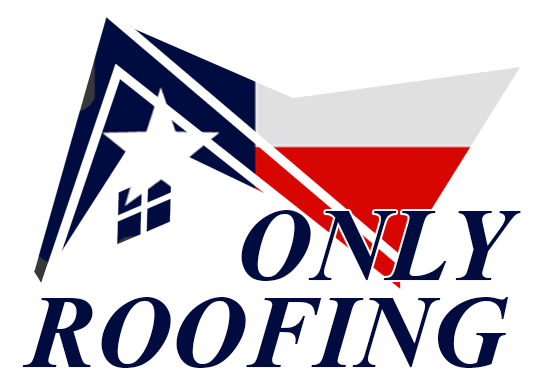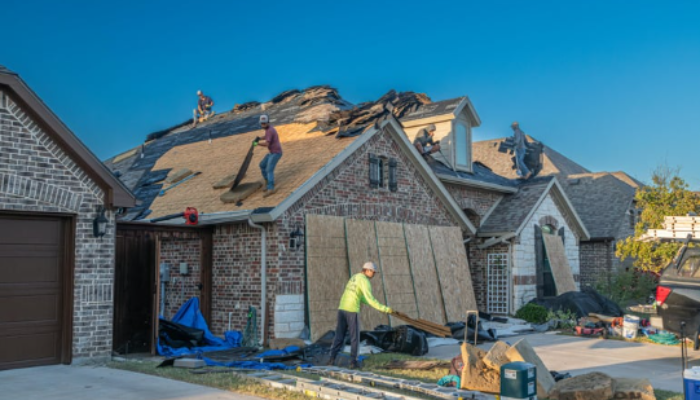You are not alone if you have ever had the experience of examining a roof or standing under an open-framed garage and asking yourself, What is a purlin in a roof? Purlins are among these unrecognized structural heroes, bit players who play big roles. Let’s find out what they are, where they go, and why they matter to a strong, leak-resistant roof.
The Basics: What a Purlin Does
Purlin is the horizontal building component that is carried across the roof, usually in a direction almost perpendicular to the rafters or the framing. Its main jobs are:
- Support between supporting rafters or trusses.
- Move back loads like snow, wind, and even the maintenance traffic loads to the primary structural frame.
- Install a fixing line, a secure, steady position to nail or attach roofing panels.
Imagine purlins are mid-span supports: they prevent the length of roofing panels not bearing down.
Check out our top-quality Commercial Roofing services here!
Common Types of Purlins
| Type | Material | Typical use |
| Timber purlins | Solid wood (treated) | Small spans, traditional buildings, residential roofs |
| Steel C-section / Z-section purlins | Cold-formed steel | Industrial/commercial roofs, long spans, lightweight |
| Purlin plate (tie purlin) | Timber or steel plate | Additional bracing near the ridge or eaves |
Read more: What Is Roof Decking?
Purlin vs. Rafter: Which One Differs?
It’s easy to mix these up. The roof has a major shape that is in the form of a rafter, which runs down the wall plate to the ridge. The supports of a roof covering are placed upon purlins placed after rafters or between trusses. The primary horizontal members are rooted by roof sheets in purlins in numerous present-day steel-framed buildings, and rafters are employed in timber framing.
Read more: How to install rain gutter?
Why Purlin Choice Matters
The performance of the roof and its life span depend on the type of purlin installed and the space between them:
- Material:
The use of steel purlins enables wider spanning and finer roofing; timber purlins suit small-scale projects. - Spacing:
By making the space between them smaller, less deflection occurs, and the feel and durability of the roof are better. - Connections:
The right fasteners and supports are fixed such that they are not moved by the wind or the weight.
Maintenance Tips
- Check purlins against rot/insect/corrosion.
- Fix fasteners and looseness screws or straps.
- Ensure that roof sheets have been firmly fastened to purlins to prevent lifting off during storms.
Final Thoughts
When somebody wants to know “What Is a Purlin in a Roof?”, you can tell them that it is the horizontal support that helps roofing material to be straight, strong, and secure. Purlins are little, though necessary. Choose appropriately, install in the right places, and take care of them, and your roof will be grateful over a lifetime.
When you need a new roof or purlin check, call the ONLY Roofing team. You can visit us to get advice, quotes, or a professional check!

